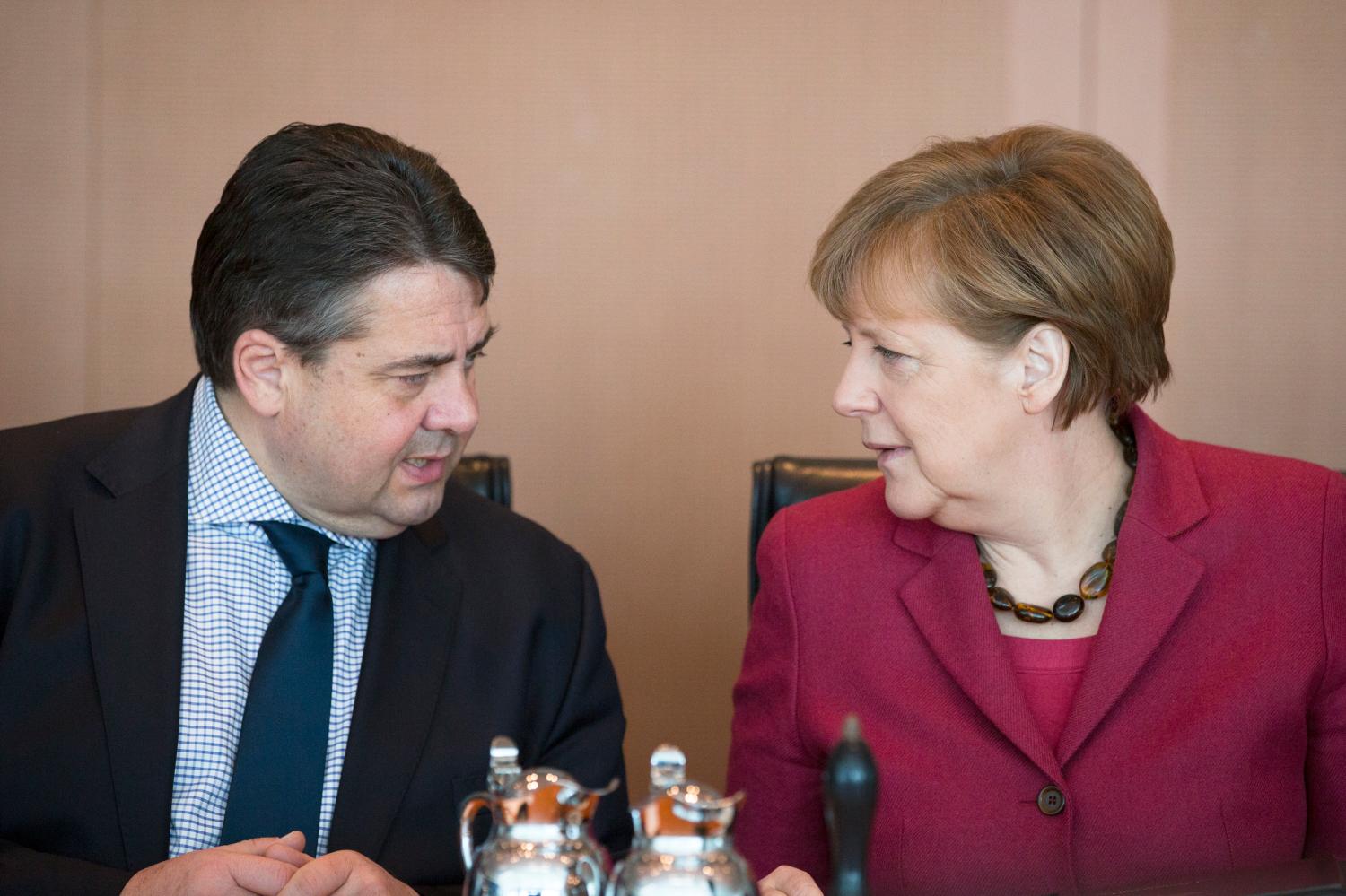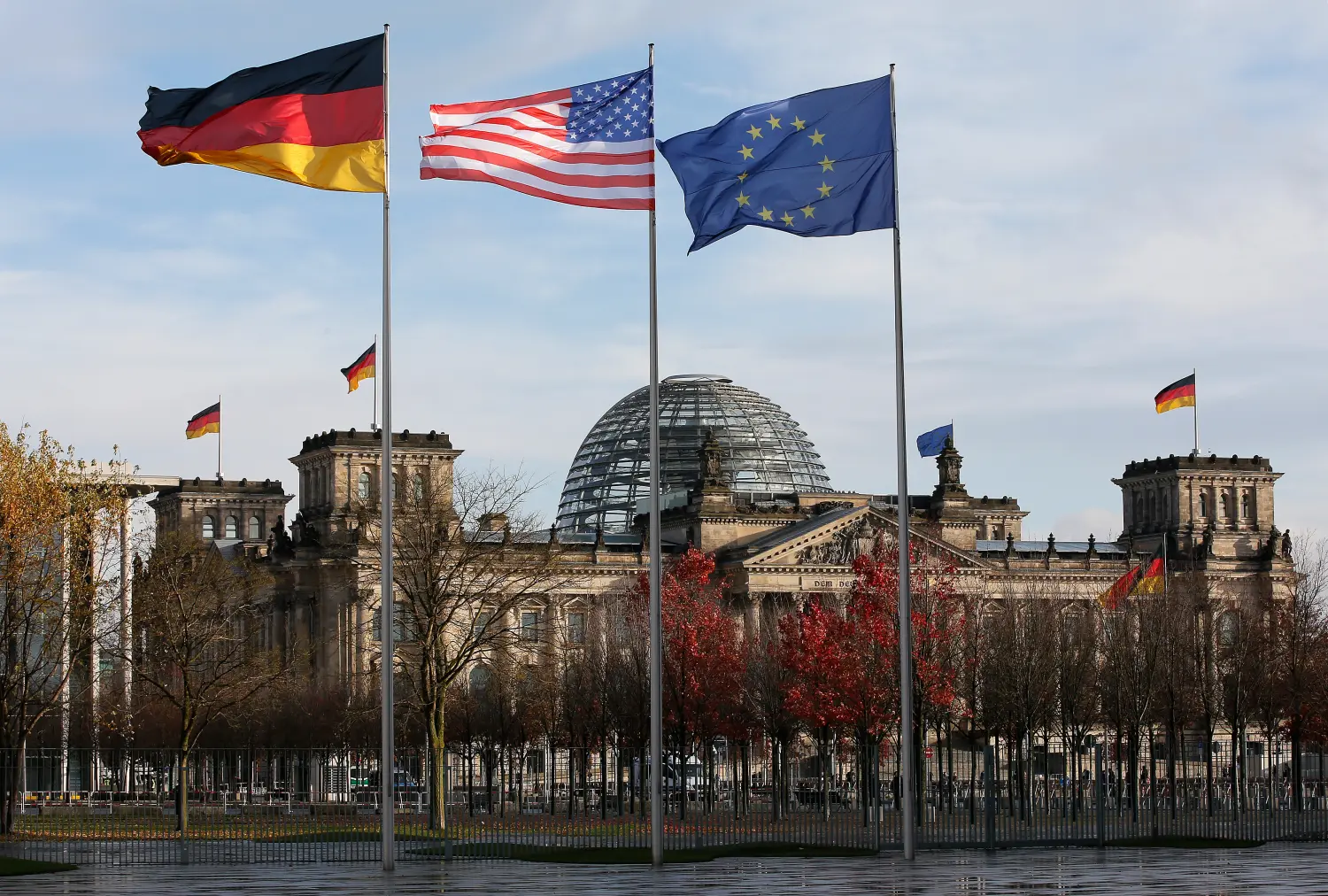Editor’s Note: In a new paper by Carlo Bastasin and Cesare Merlini titled “European foreign policy: In search of a German Galileo,” the authors write that as Germany’s economic clout has grown, so also has its influence in foreign and defense matters. But Europe needs a new Galileo to show that Germany—for all its centrality, laudable principles, and economic strength—is rotating around Europe, and not the reverse. Read the introduction below.
Introduction
Over the last few years, the German government has played a central role in steering Europe’s economic policies. Germany has established itself not only as the largest and most stable economy in the euro-area, but also as a benchmark for other countries’ economic policymaking at large. At the same time, Chancellor Angela Merkel’s recent assertiveness on foreign policy, particularly through her direct intervention in the Ukrainian crisis, suggests that Germany may be extending its clout over a broader political front. The Greek crisis has provided a telling example, in which Berlin has compounded elements of economic and foreign policy guidance. Keeping Athens in the euro-area, while maintaining discipline in its economic management, could have significant implications for Europe’s dealings with Russia.
Even after the crisis has tapered off, German economic predominance might persist for the foreseeable future and allow Berlin to use its wider fiscal margin of maneuver, relative to the other countries of the euro-area, to influence other policy nodes. Persistent trade surpluses and the low burden of debt service will provide Germany with conspicuous net savings on which Berlin can leverage its public investments. Savings allow a country to finance its investment needs with its own resources, which is often the case when public investments, particularly military expenditures, are needed. In the coming years, Germany is expected to reach yearly net savings two or three times as high as it did when the euro was first launched as the common currency in 1999.
With negative net national savings, most other euro-area countries are eating into their capital stock instead of adding to it. This is particularly true for the largest euro countries. Year after year, France struggles to rein in its fiscal deficit while its capacity to make future public investments erodes. Italy has been heavily burdened by the servicing of its huge public debt and has seen private and public investments decline by double-digits during the last six years. Add to this the fact that the United Kingdom has chosen not to play a major role in European institutions—including those in charge of the common foreign and security policy. The inevitable consequence is that Germany’s fiscal capacity is bound to beget its geopolitical centrality in the European Union (EU).
The Brookings Institution is committed to quality, independence, and impact.
We are supported by a diverse array of funders. In line with our values and policies, each Brookings publication represents the sole views of its author(s).






